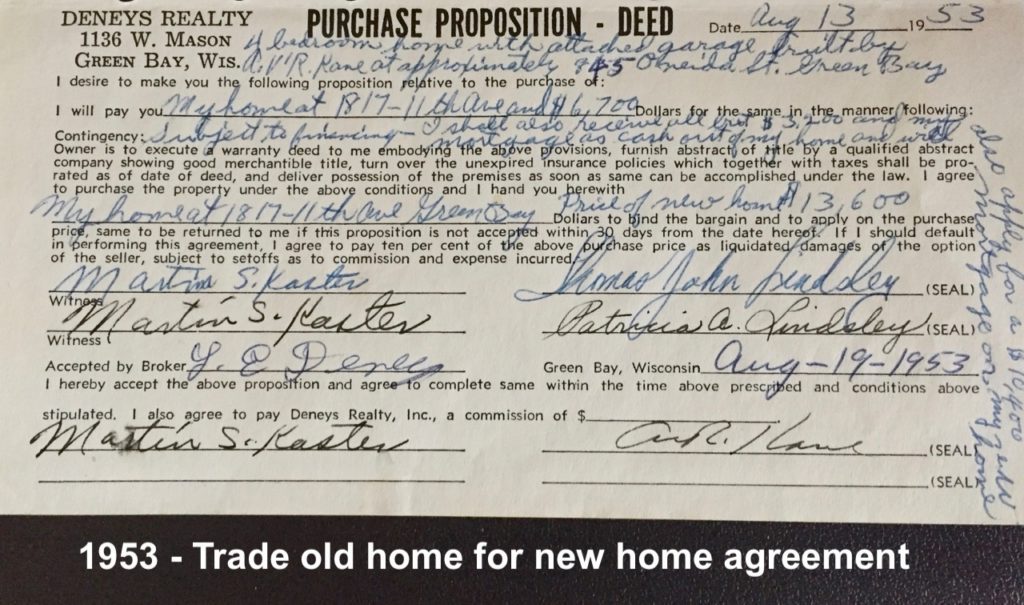Reader Question: In a recent column titled “ Ten flashpoints in real estate contracts” it stated “ agency is not the issue in real estate. The real question is competency and honesty.” This statement begs a discussion. There are several paragraphs about agency in real estate contracts and many agency advocates. My question is not meant to challenge the report, only to better understand it. Elucidate, please.
Monty’s Answer: Agency is a legal theory incorporated in law that applies to real estate, insurance, attorneys, and many businesses. The supposition is that an agent must act in the client’s best interest, ahead of their interests. In real estate, while each state works independently to elevate the business climate, many consumers experience financial woes.
The transaction environment on the street level
The real estate transaction is complicated and emotional:
>There are multiple organizations tasked with separate duties throughout the process.
>Many conversations are not in writing.
>Contracts and addendums are extensive.
>Numerous trigger points in the contracts can create financial distress.
>Consumers can be overconfident, lack knowledge or misplace trust, which begs risk.
>Clients, customers, and agents do not operate on a universal ethical standard.
>Decisions are driven by finances, timing, or convenience, rather than by the golden rule.
>Clients, customers, and agents do not absorb data and interpret that data uniformly.
>Some mistakes are invisible. Undervaluing or overvaluing a home may never be detected.
>Construction and title defects can go undetected for years.
The real estate transaction process evokes misunderstandings. Most agency related errors are difficult to bring to hearings and enforcement. Often, disputes are a “ He said – She said ” event. There are no referees in real estate transactions. While a noble idea, promoting agency law as a protection for consumers creates a false sense of security. To be a bit facetious, one day in the future, all participants may be wearing body cameras.
No one to blame
There are many honest, hardworking real estate agents. Real estate agents themselves see their primary threat in the future as overcoming the actions of the “ large number of part-time, untrained, unethical, and incompetent agents.” This statement appears in a study commissioned by the National Association of Realtors (NAR) in 2015. When asked how many agents fall into that “large number” category, a top official of NAR answered: “ We have no idea.”
State governments have departments that oversee licensing and enforcement, but the volume of complaints against the many types of licensed business and a limited workforce reduces their effectiveness. Many consumers will not complain to regulators in the mistaken belief that no help will be forthcoming.
State and local real estate boards have few employees and do their best to offer training and education to the agents, but misdirect much of the training, in my opinion. They focus considerable time on interpreting the legal documents and how to properly navigate the law. This subject is suitable for all participants, but education on appraising, building techniques, surveying and many other topics that are helpful in educating both consumers and agents is left behind.
The consumer can mitigate conflict
The following actions can make a substantial difference in your outcomes:
>Educate yourself as to the steps to take before you make an offer, or list your home.
>Interview three vetted real estate agents before selecting one.
>Learn to ask your agent to produce MLS data to assist you with making informed decisions.
>Understand the home evaluation process.
>Read the contracts. Know what the fine print means before you sign.
Remember the agent environment; internally focused, highly fragmented and low entry level requirements. It is also a job where time is at a premium, which invites shortcuts.
Think caveat emptor
The inspiration for “Ten flashpoints in real estate contracts” was an article from the state real estate association. The author, an attorney, described the language in the state approved contract as “ while tricky to explain, the concept is not impossible.” If many real estate agents do not understand the language, how can the consumer be expected to know what it means?
Years ago the principle of caveat emptor, “Let the buyer beware,” was the rule of the land. It means the customer is responsible for determining a service or a product’s suitability, condition, and quality before purchase. While consumer complaints existed then, today’s reliance on agency over caveat emptor does not appear to have had much of an effect. It feels like industry leaders are painting the ceiling when the roof leaks.



